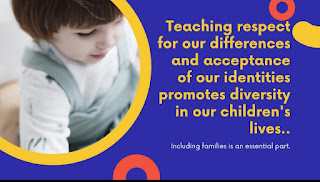Lindsay Zoeller and her organization The Chicago Family Tutor help families to develop strong higher-order thinking skills such as goal setting, problem-solving, and critical thinking, as well as time management, organization, and self-regulation to improve the children’s performance at school. During this time, the COVID-19 pandemic has forced families to alter their lifestyles and learn new work-at-home practices and support their children's education. This process has not been easy for many parents and families who lack the support, time, and knowledge systems necessary to fulfill these new responsibilities. However, as beneficial, what if the family and children have a tutoring service, effective strategies, and training for children and parents that could be provided online? In the next questions, Lindsay explains how their strategies, approach, advice, and practices have helped hundreds of children to achieve consistently at school. Q: Could you explain more about your own ed...














